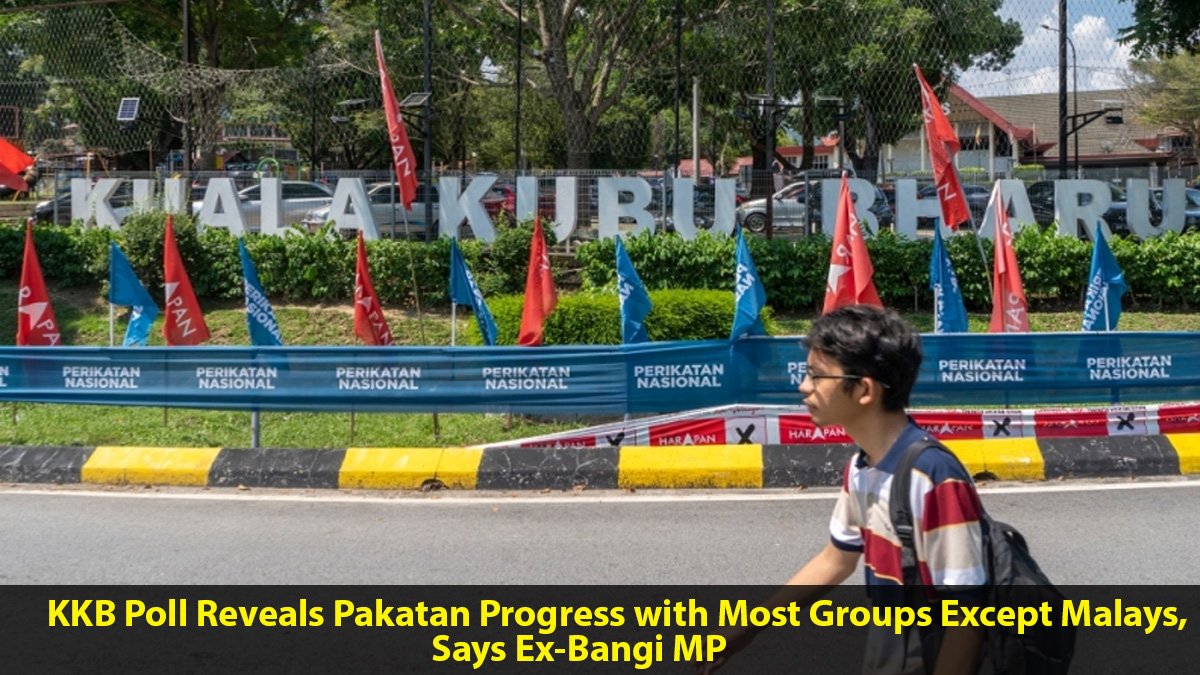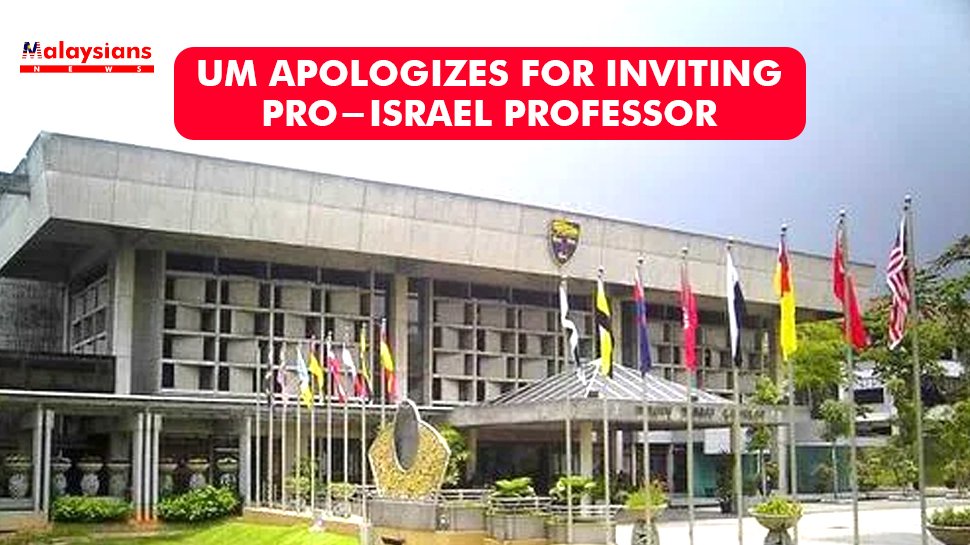The Pakatan Harapan (PH) coalition experienced significant progress in the Kuala Kubu Baru by-election, particularly among the early and postal voters, Orang Asli, and Indian voters, as mentioned by former Bangi MP Ong Kian Ming.
There is an equal split between Malay and non-Malay seats like Kuala Kubu Baru 50 -50 per cent, PN won’t be able to win this seat by depending only on the Malay votes.
According to Bangi MP, Ong Kian Mingthey also experienced some losses among the Malay voters.
How many votes does the PN need to win?
“PN would have to win more than 90 per cent of the Malay votes to stand a chance of neutralising PH’s advantage among the non-Malay voters, which it is not able to achieve at this point,” he said in a statement today.
He said it was expected that the turnout rate would fall, but what was not known was how much it would fall and any notable differences in turnout among various voter groups were unknown.
The voter turnout fell by 6.1 per cent from 67.6 percent in the 2023 state election to 61.5 per cent in the 2024 by-election.
“The turnout rate in areas with a majority of Chinese voters decreased by 6.1%, while in areas with a majority of Indian voters, it decreased by 6.5%.”
According to Ong Kian Ming, PH clearly did a better job in getting out the vote in areas where they had strong support compared to PN.
PN was not able to gain support from younger voters in the Malay majority areas.
It could be seen in the SK Bandar Baru Batang Kali polling centre(72 percent Malay) located in Bandar Utama Batang Kali which is one of the largest in the Kuala Kubu Baru state seat.
Regarding the importance of the by-elections, Ong Kian Ming said that there are clear winners and losers, as well as some “in-between” cases.
MCA showed that they were politically insignificant and their decision to boycott the campaign did not have any impact on PH’s support among the Chinese voters. Their absence did not affect PH’s popularity among the Chinese community.
What did Ong Kian Ming say?
“The candidate’s inability to showcase himself on social media or to make himself available to the media likely contributed to the poor outreach of PN to the younger voters especially among the Malay youths,” he said.
He mentioned that former DAP leader P. Ramasamy was unsuccessful in convincing Indian voters in Kuala Kubu Baru to reject PH.
“While he still may have appeal among the Indian community at the national level, this does not seem to translate into influencing voting behaviour, at least not in this by-election.”
As for PAS, the Islamist party could have been relatively muted in this campaign, perhaps wanting to let Bersatu take the lead.
“It was hard to see how much more PAS could have done to mobilise the Malay votes especially given the quality of the PN candidate.”
Although it was the status quo in Kuala Kubu Baru, Ong said it has future implications for the national political landscape.
The results of the Kuala Kubu Baru by-election may be seen as a positive affirmation for PH and the unity government. and for business as usual to continue.
This would be a mistake since the highlight of the dissatisfaction against the government among different segments of society is real and growing.
On Saturday, PH candidate Pang Sock Tao won the state seat with a 3,869-vote majority over PN’s Khairul Azhari Saut.




